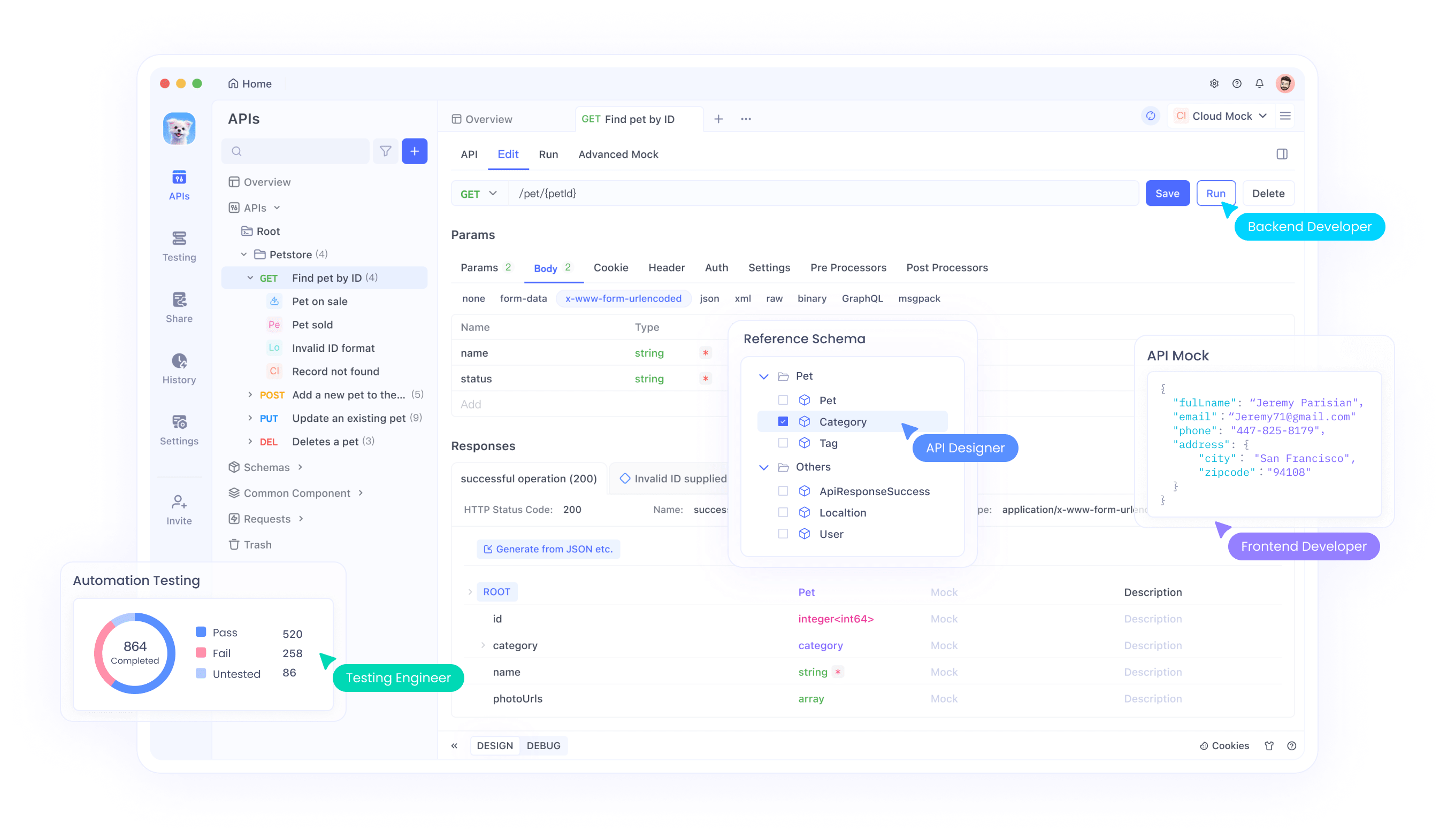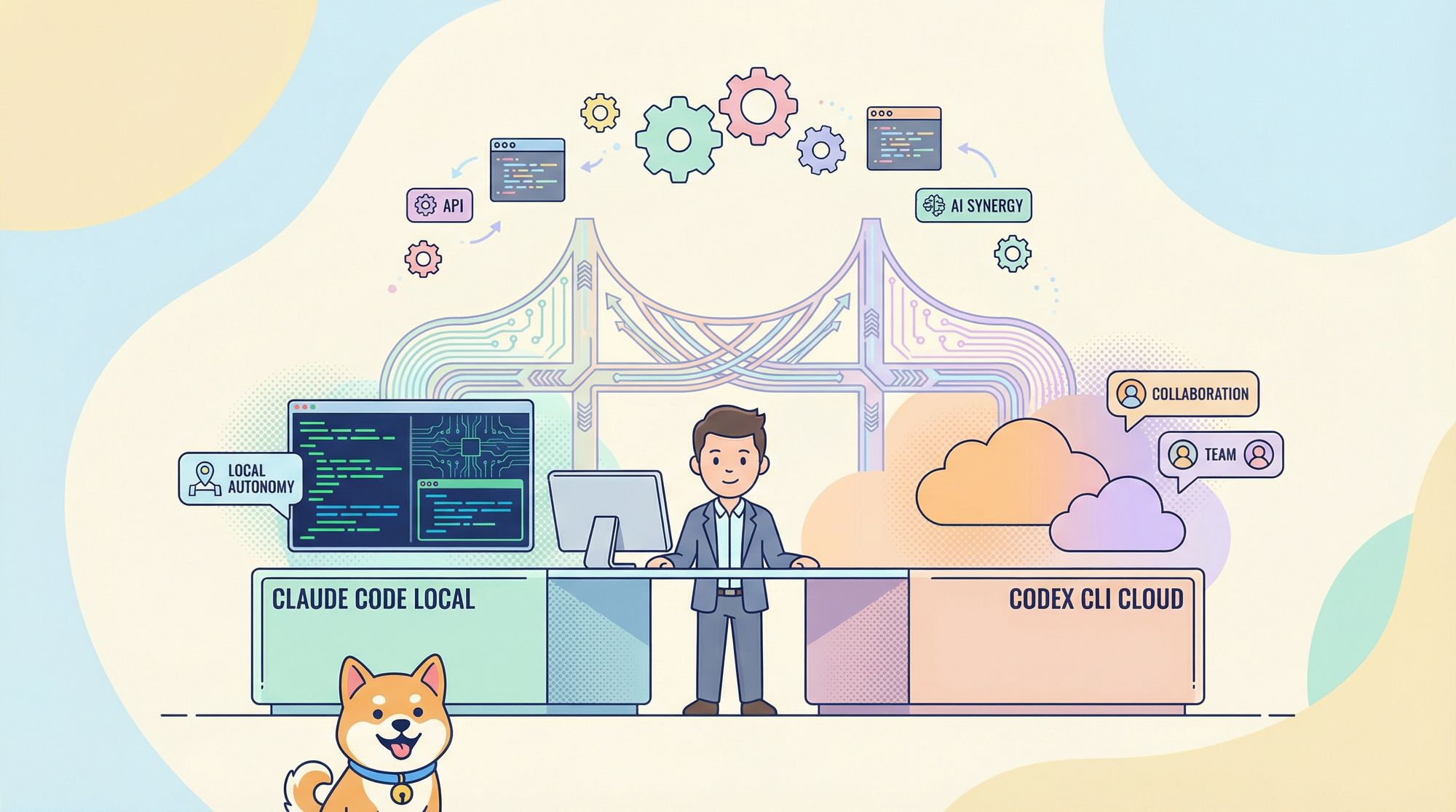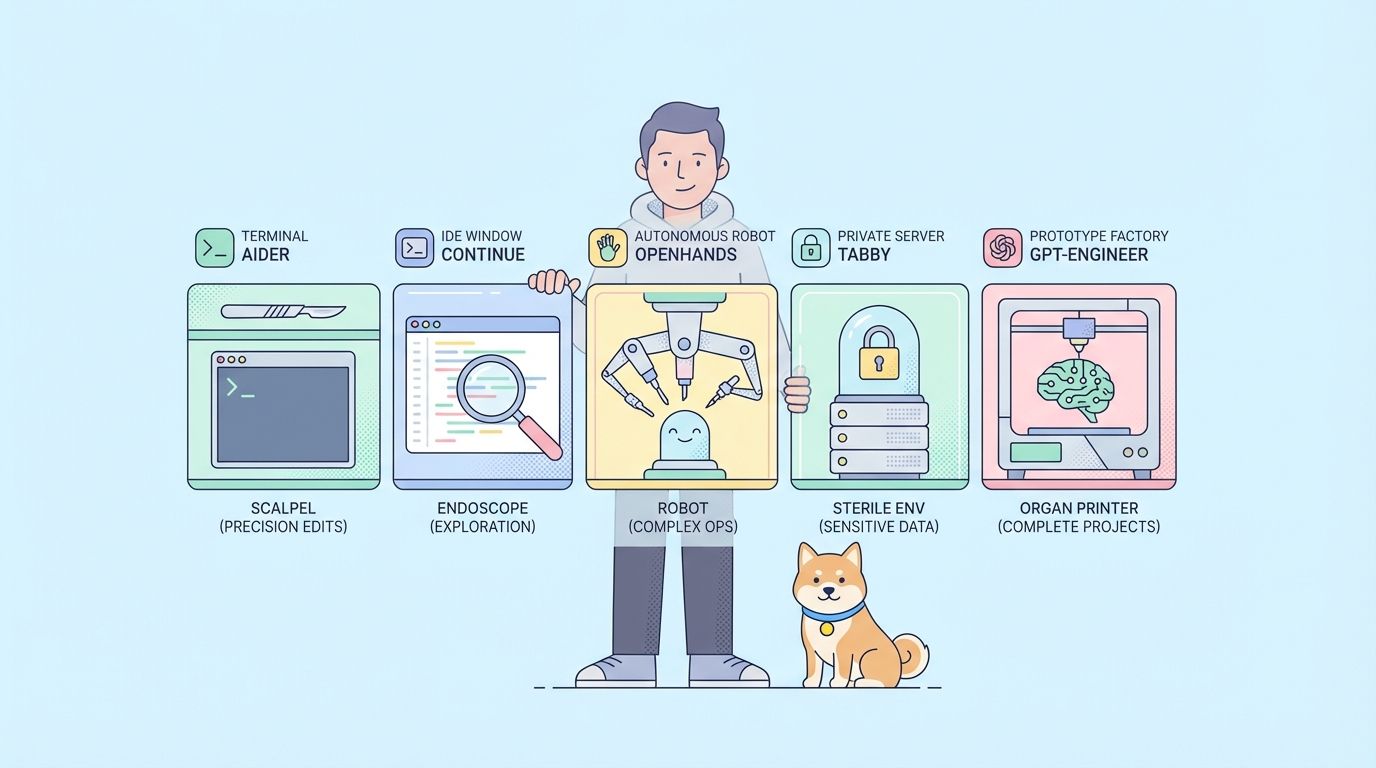AI coding agents have transformed how developers approach complex tasks. Tools like Claude Code and Codex CLI stand out as powerful assistants that integrate directly into your workflow, enabling faster code generation, debugging, and refactoring. Developers leverage these agents to handle everything from routine fixes to intricate architectural changes, saving hours of manual effort. However, choosing between them requires a clear understanding of their strengths and limitations.
Furthermore, the rise of these AI tools highlights a shift toward agentic systems that not only generate code but also reason through problems. Claude Code, developed by Anthropic, emphasizes local control and deep contextual awareness, while Codex CLI from OpenAI focuses on cloud-based scalability and seamless collaboration. Developers often find that subtle differences in features, such as memory management or integration capabilities, lead to substantial improvements in daily productivity. Consequently, this article breaks down their architectures, performance, and practical applications to help you decide which one fits your needs.
What Sets Claude Code Apart in AI-Assisted Development?
Anthropic engineers Claude Code as a command-line interface (CLI) tool that embeds advanced AI capabilities directly into your terminal. The tool harnesses Claude Opus 4.1, a high-performance model renowned for its reasoning prowess, to deliver agentic coding assistance. Unlike traditional autocompletion tools, Claude Code actively maps entire codebases, identifies dependencies, and suggests coordinated edits across multiple files. For instance, it quickly analyzes project structures and explains them in seconds, allowing developers to grasp complex repositories without manual navigation.

In addition, Claude Code operates locally, which means it functions offline after initial setup and maintains strict data privacy by storing information on your machine. This local execution reduces latency and empowers users to delegate substantial tasks, such as converting exploratory data analysis (EDA) scripts into production-ready pipelines using frameworks like Metaflow. The tool requires explicit user approval before modifying files, preventing unintended changes and fostering trust in its operations. Furthermore, it adapts to your coding style by learning from existing patterns in the codebase, ensuring generated code aligns with your project's conventions.
Claude Code supports a wide array of programming languages, including JavaScript, Python, and more, as evidenced by its handling of Next.js projects. It integrates seamlessly with popular IDEs like VS Code and JetBrains, extending its utility beyond the terminal. Developers can connect it to external tools such as GitHub, GitLab, AWS, Terraform, and monitoring services like Sentry or Datadog. This integration facilitates end-to-end workflows, from reading GitHub issues to submitting pull requests, all without leaving your development environment.
Pricing for Claude Code varies to accommodate different user scales. The Pro plan starts at $17 per month with an annual discount, offering basic access, while the Max 5x and Max 20x plans at $100 and $200 monthly provide enhanced capabilities for power users. Team and Enterprise options, beginning at $150 per person per month, include advanced security features and dedicated support. Educational institutions benefit from discounted rates, making it accessible for students and faculty. Overall, Claude Code positions itself as a versatile partner for developers who prioritize control and depth in their coding processes.

How Codex CLI Revolutionizes Terminal-Based Coding
OpenAI designs Codex CLI as a lightweight coding agent that runs in your terminal, leveraging models like GTP 5 to turn natural language prompts into executable code. This tool acts as a collaborative teammate, navigating repositories, editing files, running commands, and executing tests in an isolated cloud sandbox. By isolating tasks in a secure environment, Codex CLI minimizes risks to your local machine while handling complex operations efficiently.

Moreover, Codex CLI excels in cloud-integrated workflows, making it ideal for teams that rely on collaboration. It integrates deeply with GitHub, allowing users to initiate tasks by tagging @codex in issues or pull requests. The tool automatically generates code reviews, highlights potential issues, and suggests fixes, streamlining the review process. For example, it can process Python files, identify bugs, and propose patches with before-and-after diffs for easy verification.
Codex CLI supports various languages, with demonstrated proficiency in Python and JavaScript, and extends its reach through IDE extensions for VS Code, Cursor, and Windsurf. Users access it via ChatGPT subscriptions, including Plus, Pro, Business, Edu, or Enterprise plans, which provide API credits and mobile app integration for on-the-go task management. The open-source nature of Codex CLI encourages community contributions, with features like multi-provider support added in May 2026 to enhance flexibility.

In practice, Codex CLI handles parallel tasks through predefined scripts and cloud resources, contrasting with more sequential approaches in other tools. It tracks progress in real-time, displays code changes, and reruns failed tests automatically. Security remains a priority, with a three-step approval system and checks for harmful code. Developers appreciate its ability to maintain version control and log actions for auditing, making it a reliable choice for production environments.
Architecture Showdown: Claude Code vs Codex CLI
When comparing architectures, Claude Code and Codex CLI reveal distinct philosophies that influence their performance. Claude Code builds on a local-first model, running entirely on your machine after setup. This design grants it superior memory management through project knowledge graphs and Markdown-based chat histories, enabling it to recall past decisions across sessions. In contrast, Codex CLI adopts a cloud-centric approach, executing tasks in isolated sandboxes that replicate your repository and environment. This allows for parallel processing but requires an internet connection, potentially introducing latency in offline scenarios.
Claude Code's agentic search capability stands out, as it automatically discovers relevant files and dependencies without manual input. This feature proves invaluable for large codebases, where it constructs a comprehensive understanding to make informed edits. Codex CLI, however, relies on user-provided files and fixed token limits, which can limit its context in expansive projects. Reviews from sources like Composio highlight that Claude Code offers a more polished UI/UX with navigational aids, while Codex CLI outputs in Markdown, which some find less intuitive for terminal use.
Security also differs markedly. Claude Code employs project-specific firewalls and warns about risky commands, storing data locally for privacy. Codex CLI counters with secure cloud containers, prompt injection checks, and integration with GitHub for safe collaboration. In terms of orchestration, Claude Code handles tasks sequentially in a user-driven flow, promoting control, whereas Codex CLI manages multiple tasks concurrently, suiting fast-paced team environments.
These architectural choices impact scalability. Claude Code adapts to individual developers with offline capabilities, but it may struggle with massive parallel workloads. Codex CLI scales effortlessly through cloud resources, though it demands precise prompts to avoid suboptimal results. Ultimately, the architecture you prefer depends on whether you value local autonomy or cloud-powered collaboration.
Performance Benchmarks: Where Each Tool Excels
Benchmarks provide concrete insights into how Claude Code and Codex CLI perform under pressure. On the SWE-bench Verified dataset, which evaluates complex software engineering tasks, Claude Code achieves 72.7% accuracy, edging out Codex CLI's 69.1%. This slight advantage stems from Claude Code's extended reasoning capabilities, particularly in refactoring and architecture work.
In security-focused tests, such as vulnerability detection in Python web apps, Claude Code identifies 46 vulnerabilities with a 14% true positive rate, compared to Codex CLI's 21 vulnerabilities at 18%. Claude Code shines in offensive tasks like exploit success (57.5%), while Codex CLI excels in defensive patching (higher success in path traversal issues). Reviews from Render Blog note that Claude Code prototypes rapidly with productive terminal UX, but Codex CLI handles large-context refactors better despite UX hurdles.
Speed tests from Analytics Vidhya show Codex CLI as the fastest, followed by Gemini CLI and Claude Code, though Claude Code ranks highest in prompt engineering ease. In real-world bug fixing, Claude Code often refactors entire codebases, generating to-do lists and plans, while Codex CLI focuses narrowly on the task with verification tests. For building apps from scratch, Claude Code produces modular, aesthetically pleasing code, outperforming Codex CLI's more basic outputs.
However, context window limitations affect both. Claude Code manages complexity better in local setups, but Codex CLI's cloud resources help with massive datasets. Community feedback on Reddit emphasizes Claude Code's cost-effectiveness and large context window with Opus 4, making it a "clear upgrade" for many users. These benchmarks underscore that Claude Code suits intricate, reasoning-heavy tasks, while Codex CLI thrives in routine, scalable operations.
Integrating with Ecosystems: The Role of Apidog
Both Claude Code and Codex CLI integrate with broader development ecosystems, enhancing their utility. Claude Code connects to tools like AWS, Terraform, and GitHub for deployment and version control, allowing seamless workflows. Codex CLI's GitHub integration enables automatic code reviews and task initiation via tags, fostering team collaboration.

In addition, developers often pair these agents with API tools to handle backend development. Apidog emerges as a key complement, offering an all-in-one platform for API design, debugging, mocking, testing, and documentation. When Claude Code or Codex CLI generates API-related code, Apidog automates testing with low-code scenarios, visual assertions, and smart mocking that generates data based on field names. This integration ensures generated code withstands real-world usage, reducing debugging time.
Apidog supports collaborative features like branches and customizable documentation, aligning with the team-oriented aspects of Codex CLI. For Claude Code users focused on local projects, Apidog's web app provides online access without disrupting offline workflows. By downloading Apidog for free, developers gain a tool that bridges the gap between AI-generated code and production-ready APIs, making it an essential addition to any setup.
Pros, Cons, and Ideal Use Cases for Each Tool
Claude Code boasts pros like superior codebase comprehension, flexible local workflows, and advanced memory for context retention. However, it processes tasks sequentially and requires manual error handling, which can slow down high-volume work. Codex CLI offers strong cloud security, parallel tasking, and GitHub synergy, but its internet dependency and less refined UX pose drawbacks.
"The same task, Claude CodeVSCodex. ClaudeCode is like a very, very mid-refactor that I know he can execute. Codex is a state-of-the-art architecture. I'm not sure yet if it can actually do it without breaking stuff. But the quality difference at planning is insane'

Consequently, Claude Code fits best for solo developers tackling complex refactoring or offline projects, such as vulnerability detection where its offensive capabilities shine. Codex CLI suits teams in collaborative environments, excelling at routine prototyping and defensive security tasks. In mixed scenarios, professionals use both—Claude Code for depth and Codex CLI for breadth.
Even minor integrations, like with Apidog, amplify these strengths by ensuring API code quality. Users report that such combinations lead to noticeable efficiency gains, proving that thoughtful tool selection pays off.
Looking Ahead: The Future of AI Coding Agents
As 2026 progresses, Claude Code and Codex CLI will likely evolve further. Anthropic plans enhancements in multi-stage autonomy, while OpenAI focuses on multimodal inputs like images and PDFs. Benchmarks suggest tighter competition, with models narrowing gaps in speed and quality.
Moreover, open-source contributions to Codex CLI could democratize access, while Claude Code's enterprise features attract large organizations. Developers anticipate better handling of edge cases, like taint tracking in security scans. With tools like Apidog evolving alongside, the ecosystem promises integrated, AI-driven development that minimizes manual intervention.
Final Verdict on Claude Code vs Codex CLI
Claude Code emerges as the frontrunner for developers seeking depth and control, thanks to its local execution and reasoning edge. Codex CLI holds strong for scalable, team-based work with its cloud prowess. Your choice hinges on workflow priorities—test both to see the fit. Remember, pairing them with Apidog elevates your API projects, turning AI assistance into tangible results. Start optimizing today by exploring these tools and downloading Apidog for free.



